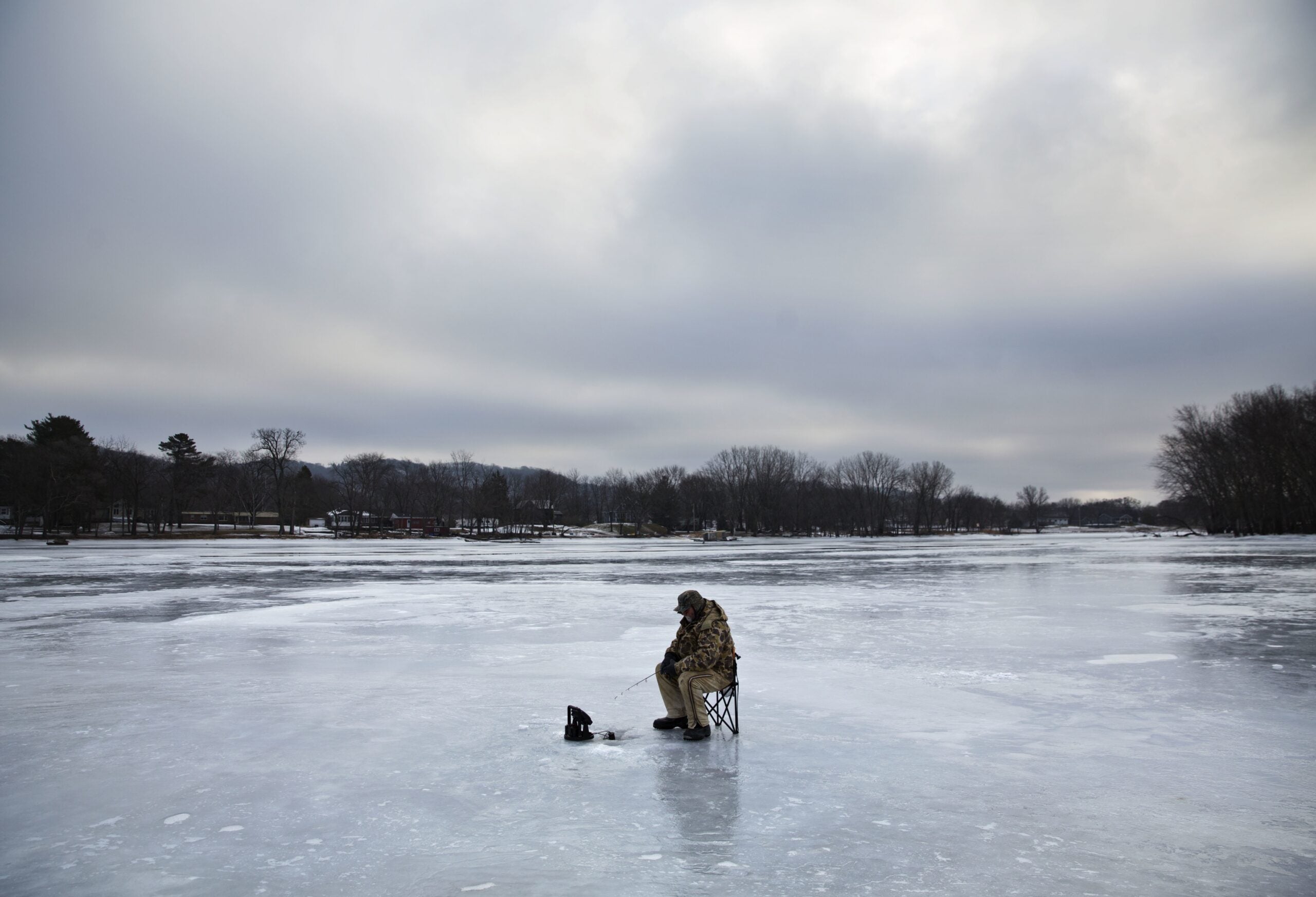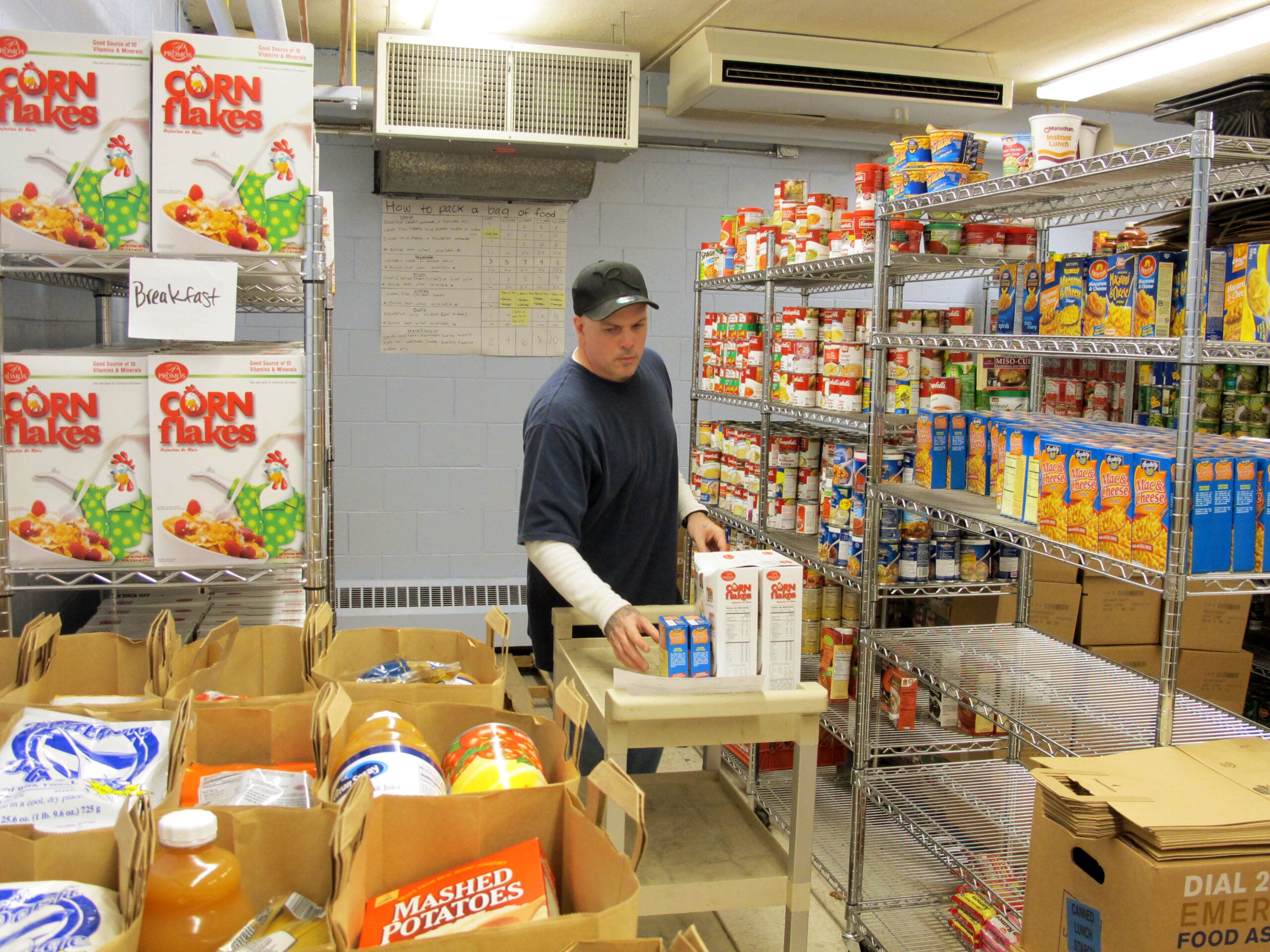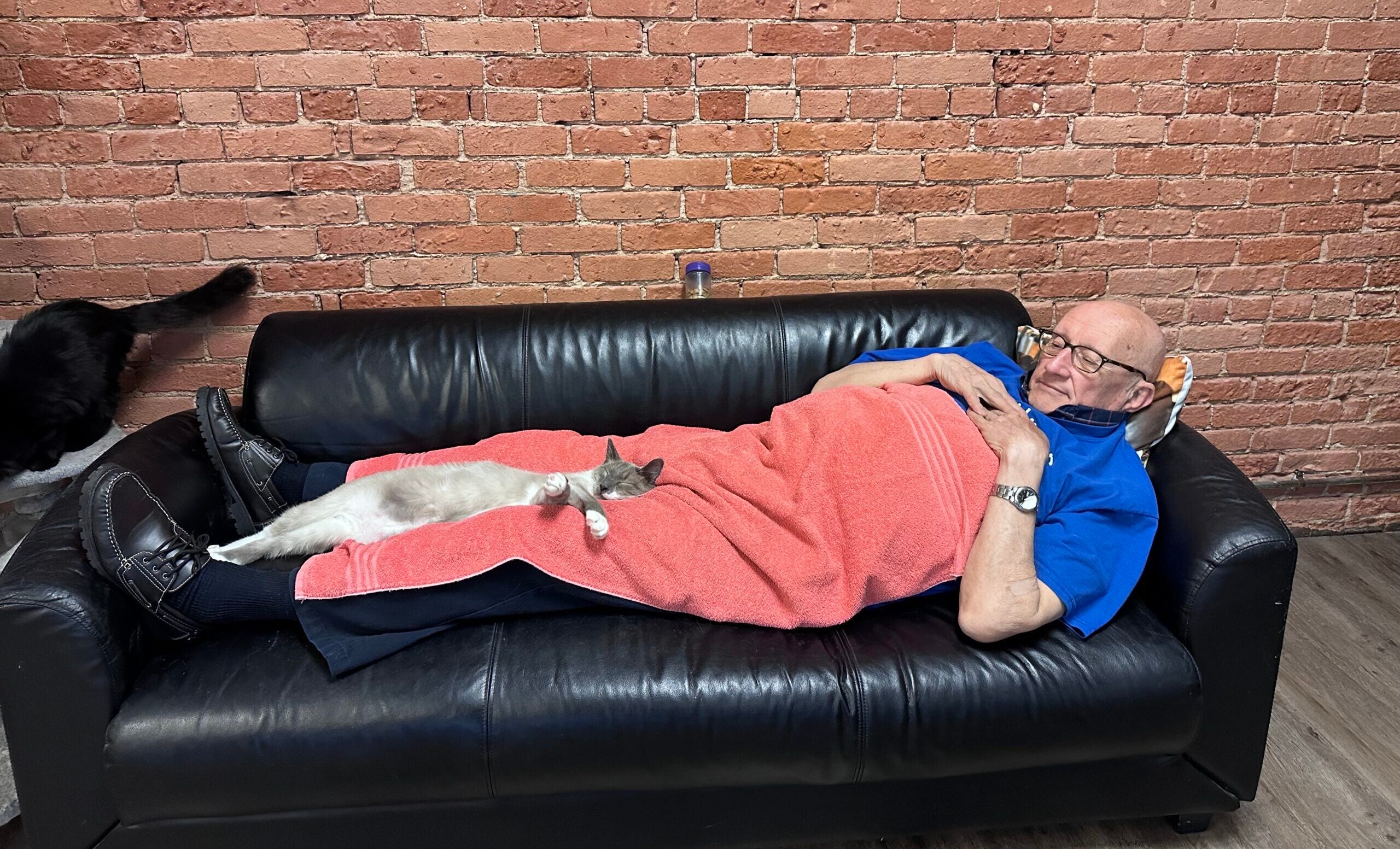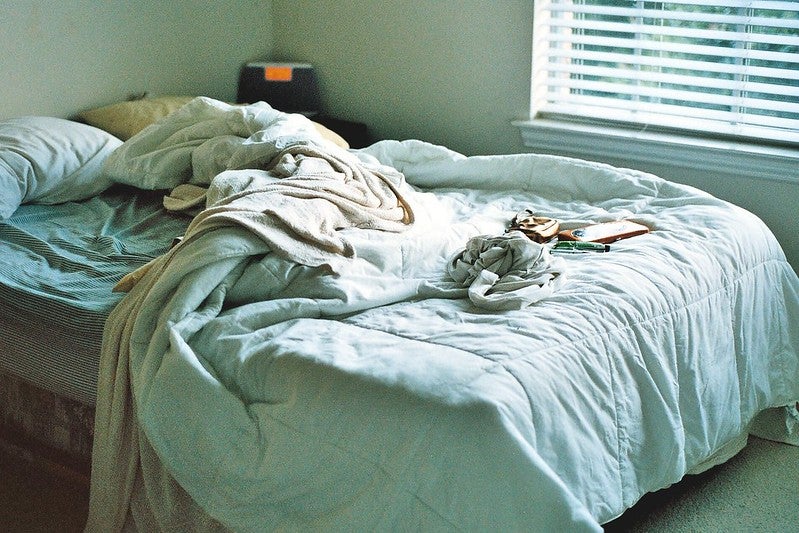Good sleep can feel hard to come by these days.
With news about the COVID-19 pandemic ever present, safety measures that limit activity and temptations to turn to coping mechanisms like alcohol, smoking or too much television, it can be difficult — if not nearly impossible — to get a restful seven to nine hours of sleep each night.
While strategies to improve sleep vary by person, there are some good rules of thumb to follow, according to Roxanne Prichard, professor of neuroscience and psychology at the University of St. Thomas.
News with a little more humanity
WPR’s “Wisconsin Today” newsletter keeps you connected to the state you love without feeling overwhelmed. No paywall. No agenda. No corporate filter.
“There’s a lot of questions this (the pandemic) brings up,” she said. “Having this worldwide global crisis is making it harder to relax and fall asleep. It also is changing the good behaviors we do that would help us get good sleep.“
And if you’re having strange dreams right now, rest assured that it’s normal to experience vivid, frequent dreams during stressful times, Prichard said.
“They are an important way to process what we are experiencing in the day,” she said. “They help us figure out what we need to remember and also what we need to forget … but they’re not very logical.”
Prichard shared several recommendations to help improve your quality of sleep.
Make your room mimic a cave
“The gold standard is that your room should be like a cave: cold, dark, quiet,” she said.
You want your room to be cool, but your body to be warm, Prichard said, whether that comes from opening a window, turning your thermostat down at night or running a fan. Then, pile on the blankets as you need them.
According to the National Sleep Foundation, the optimal temperature range for good sleep is 60 to 67 degrees Fahrenheit.
Try sleep accessories
Prichard said you likely don’t need to spend a lot of money to get a good night sleep — and when it comes to sleep accessories, it isn’t one size fits all.
Personally, Prichard likes blackout curtains, so she isn’t woken up by the sunrise, and a free app for background noise that drowns out the busy street she lives on.
Many of the college students she’s worked with have also had positive experiences with weighted blankets, she said. Particularly if their sleep issues stem from anxiety.
“It just felt like they were more secure,” Prichard said. “But some students hated it, so a lot of this is going to be, does it work for you?”
Turn the screens off
Screens can disrupt sleep in three main ways, Prichard said. First, they take up time — you plan to go to bed, but you end up watching just one more episode.
The second way relates to emotional arousal.
“This is a really big one right now,” she said. “I am equipped to check the news and read sort of scary information in the morning, I can handle it then.”
But in the evenings as you prepare for sleep, that information can get in the way.
“If we’re reading content that is scary, or anxiety-provoking or stress-provoking, that could make it so we can’t relax to fall asleep,” she continued.
And finally, light from screens tricks our brains into thinking we’re seeing daylight, which stops it from producing the amount of melatonin needed to fall asleep easily, she said.
Take an evening walk
“Those walks help you get in touch with Earth’s natural rhythm,” Prichard said. “The light is going down, the evening is getting cool, you’re moving your body in the way that’s helpful and stress relieving and that can help us settle on sleep.”
It’s important to get sunshine during the day and move our bodies when we can to use up energy, she said. And while that’s difficult right now, every bit counts.
Limit alcohol and caffeine
“Our coping mechanisms can make sleep worse,” she said. “So drinking alcohol, especially in the evening, isn’t good for sleep. Nicotine isn’t good for sleep.”
While research suggests moderate amounts of caffeine are fine, it’s best to avoid consuming caffeine later in the day. According to the National Sleep Foundation, it can take six hours for half of the caffeine to pass through your system, which can disrupt your sleep.
Wisconsin Public Radio, © Copyright 2025, Board of Regents of the University of Wisconsin System and Wisconsin Educational Communications Board.






